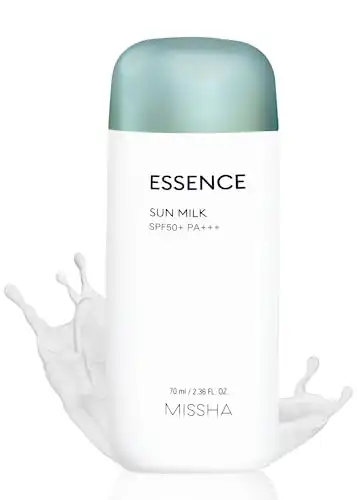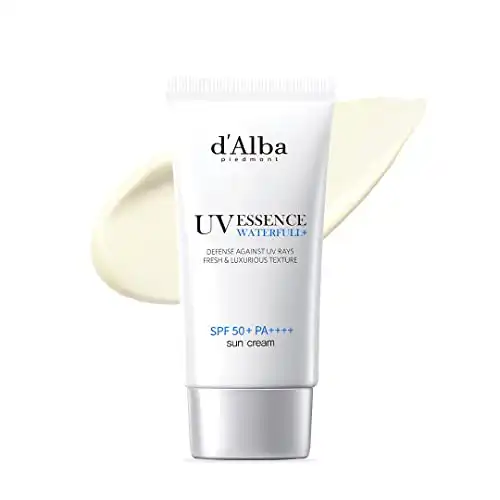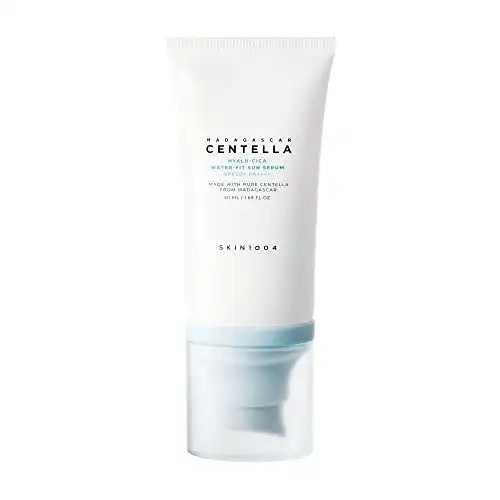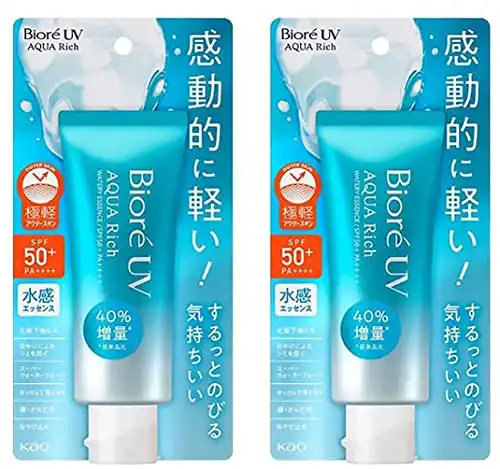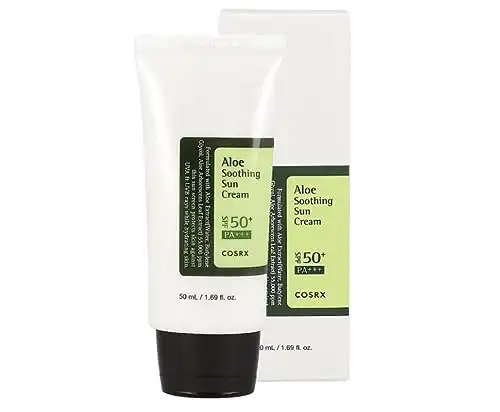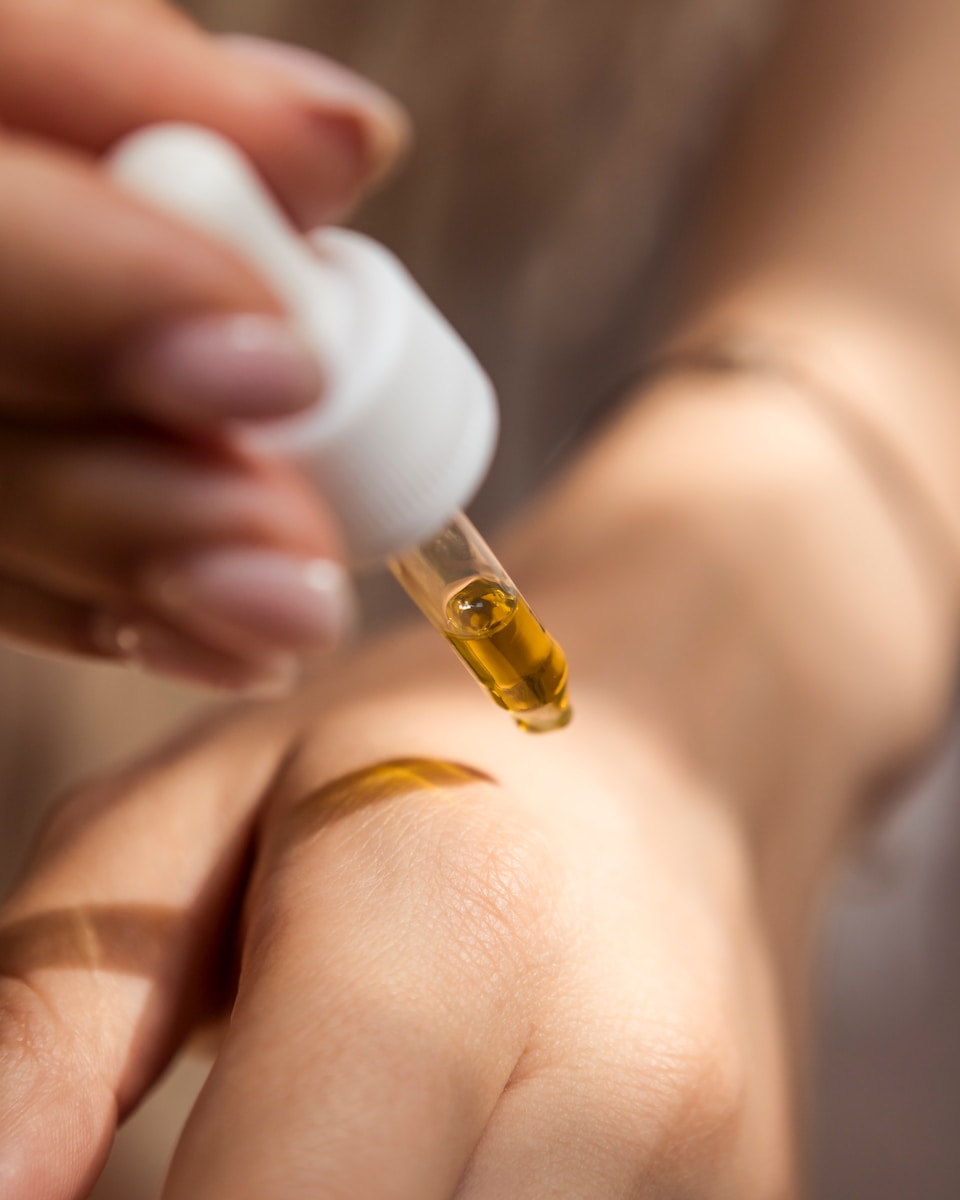
Mineral Vs Chemical Sunscreens: Our Top 5 Picks

Do you wonder which is better mineral or chemical Sunscreen??? The sun can be both a friend and a foe. While it provides us with essential Vitamin D, too much sun exposure can lead to skin damage, including sunburn, premature aging, and an increased risk of skin cancer. This is where sunscreen comes in. In this blog post, I will be discussing the importance of using sunscreen and the difference between mineral and chemical sunscreens.
Why Use Sunscreen? Using sunscreen is crucial to protecting your skin from the harmful effects of the sun. Sunscreen works by absorbing or reflecting the UV rays from the sun. Without sunscreen, these UV rays can penetrate your skin and cause damage, which can lead to premature aging, sunburn, and even skin cancer.
Difference between Mineral and Chemical Sunscreens :
Mineral and chemical sunscreens differ in their active ingredients and mechanisms of sun protection. Mineral sunscreens use natural minerals, such as zinc oxide and titanium dioxide, to create a physical barrier on the skin that reflects and scatters UV rays away from the skin’s surface. They work immediately upon application and are less likely to cause skin irritation or allergies, making them suitable for sensitive skin. However, they can leave a white cast and may feel heavier on the skin.
On the other hand, chemical sunscreens contain organic compounds like avobenzone, oxybenzone, or octinoxate, which absorb UV rays and convert them into heat, releasing them from the skin. They are often more lightweight and cosmetically appealing leaving no white residue on the skin. However, they require around 20 minutes to become effective after application and can sometimes trigger skin sensitivity or hormonal disruption due to their chemical nature.
In summary, mineral sunscreens offer immediate protection, are generally better for sensitive skin, but might leave a white cast. Chemical sunscreens provide a more pleasant application experience but take some time to become effective and can cause skin irritation or hormonal concerns in some individuals. Choosing between the two depends on personal preferences, skin type, and specific needs.
A Summary of Key Differences:
- Active Ingredients Mineral sunscreens contain physical blockers such as zinc oxide or titanium dioxide, while chemical sunscreens contain chemical filters such as oxybenzone or avobenzone.
- How They Work Mineral sunscreens work by reflecting UV rays away from the skin, while chemical sunscreens absorb the UV rays and convert them into heat.
- How They Feel Mineral sunscreens can be thicker and leave a white cast on the skin, while chemical sunscreens are often thinner and absorb more easily into the skin.
- Environmental Impact Mineral sunscreens are generally considered to be more environmentally friendly, as they do not contain the same harmful chemicals that chemical sunscreens do.
Overall, both mineral and chemical sunscreens are effective at protecting your skin from the sun. However, it is important to choose a sunscreen that works for your skin type and lifestyle.
No matter which type of sunscreen you choose, be sure to apply it generously and reapply every two hours, or more frequently if you are swimming or sweating.
I prefer a sunscreen that has both mineral and chemical properties. I have found you don’t have to spend an arm and a leg to get a quality daily SPF that makes your skin look amazing.
Top 5 Picks and Why:
- Best for Dry Skin: MISSHA All Around Safe Block Essence Sun Milk – This sunscreen provides lightweight coverage and is infused with various botanical extracts that offer hydration and soothing properties, making it an ideal choice for dry skin.
- Best for Oily Skin: d’Alba sunscreen (Waterfull Essence Cream) Loved for its smooth, texture and matte finish, this sunscreen is perfect for oily and combination skin types, as it provides effective sun protection without feeling greasy.
- Best for Sensitive Skin: SKIN1004 Hyalu-CICA Water-fit Sun Serum– Formulated with gentle ingredients and free from harsh chemicals and fragrances, this sunscreen is specifically designed for sensitive skin, providing protection and soothing benefits.
- Best for Sports: Biore UV Aqua Rich Watery Essence – With its lightweight and water-resistant formula, this sunscreen is excellent for sports activities, offering reliable sun protection even during vigorous outdoor exercises.
- Best Overall: COSRX Aloe Soothing Sun Cream – This sunscreen stands out for its versatility, making it suitable for all skin types. Its aloe vera-infused formula provides hydration, making it an excellent choice for everyday use, while also being gentle enough for sensitive skin.
You May Also Enjoy: The top 5 Clean Sunscreens: EWG Recommendations
Research and Resources:
The efficacy and safety of sunscreen use for the prevention of skin cancer


